Dubai, a gleaming metropolis famous for its ultra-modern districts with high-rise towers, limitless ambitions, chick lifestyle and strong cultural heritage, is known globally as the entertainment capital of the Middle East. Every year Dubai attracts tens of thousands of tourists, investors and businesses from around the globe. People visit Dubai for glamorous lifestyle, safety, business opportunities and never-ending events, conferences, exhibitions and concerts. While Dubai does, in fact, offers these opportunities, it also has a reach history that spans for millennia, shaped by its strategic location and resilient people. For everyone who loves modern Dubai, it is important to know about Dubai of the past.
Dubai’s history can be traced back to ancient times, where it emerged as a fishing village around 3000 BCE. Located on the shores of the Arabian Gulf, its early inhabitants engaged in pearl diving, fishing, and trading with nearby civilizations such as Mesopotamia and the Indus Valley.
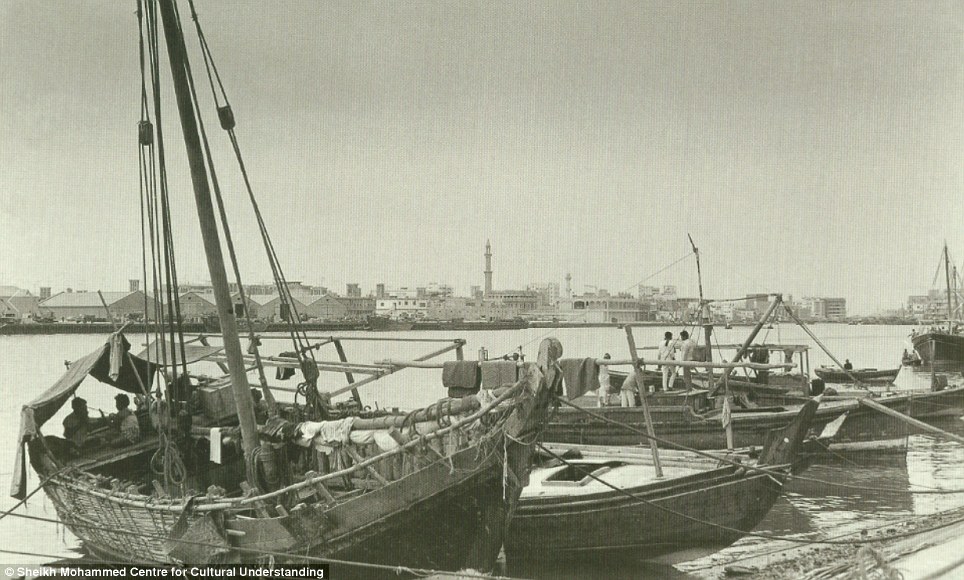
In the Middle Ages, Dubai became an important trading hub for merchants from both Persia and India. Its strategic location along the ancient spice and silk routes contributed to its prosperity. The settlement grew around the Dubai Creek, which remains a significant landmark to this day. It is there, where visitors can find such famous locations, as Dubai Spice Souk and Dubai Gold Souk.
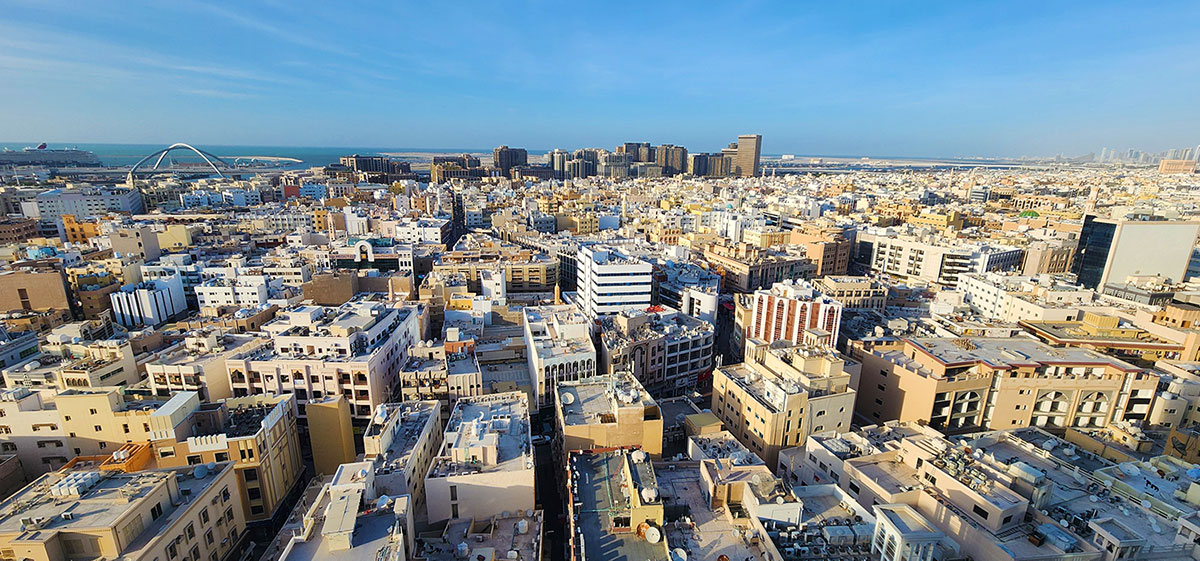
By the 18th century, Dubai had become known as the ‘City Behind the Wall’, referring to its defensive walls built to protect it from neighboring tribes. The ruling Al Maktoum family established themselves as leaders of Dubai, a lineage that continues to govern the City, and the Emirate, up to this day.
Part of this ancient City Wall can still be found around the old Textile Souk in Bur Dubai, near the Historical Al Fahidi District.
Until 1971, Dubai was a member of the Trucial States, after which it gained independence and began to develop without any external influence. In 1971, Dubai joined six other emirates to form the United Arab Emirates, marking a pivotal moment in its history. Since then, the visionary leadership of Sheikh Rashid bin Saeed Al Maktoum gradually transformed Dubai into a modern city with ambitious infrastructure projects, including the construction of Port Rashid, the Dubai World Trade Centre, the first Metro system in the region, and many more.
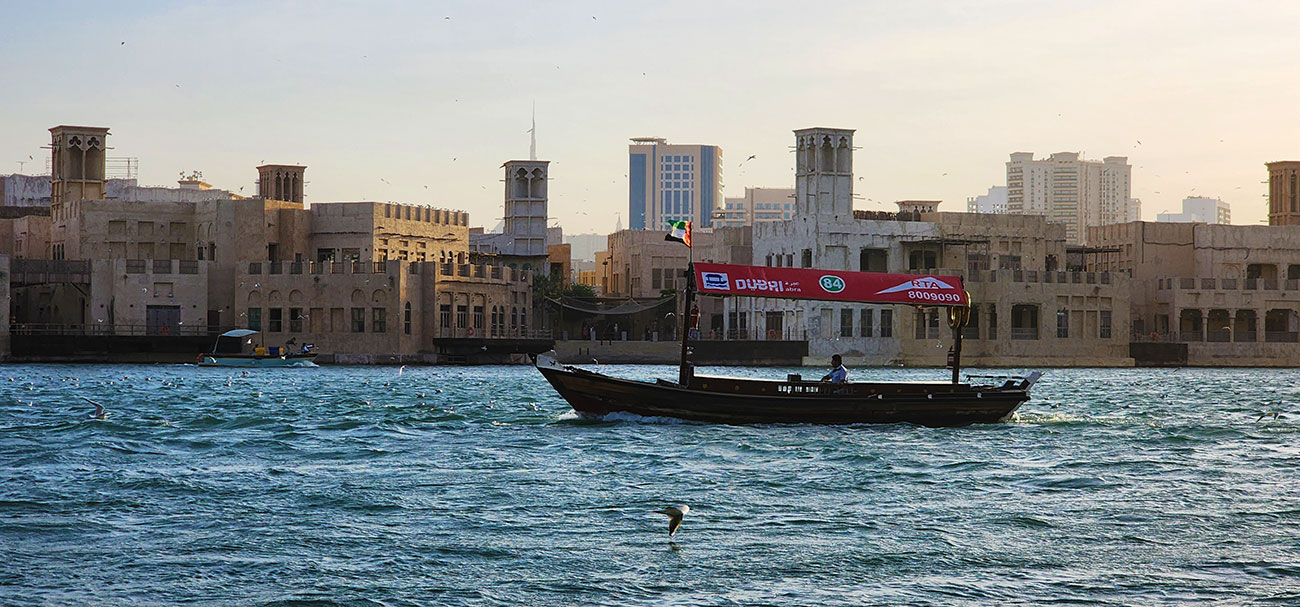
The late 20th and early 21st centuries saw Dubai catapulted onto the global stage. The discovery of oil in the 1960s fueled its rapid development, leading to the creation of iconic landmarks like Palm Jumeirah, the Burj Al Arab and Burj Khalifa. In time, the economy of Dubai diversified into finance, tourism and real estate, solidifying its status as a global business hub.
The COVID-19 pandemic of 2020 posed several major challenges, but Dubai’s proactive government measures ensured safety for its residents, fast economic recovery and major lifestyle improvement on later stages of pandemic. Dubai was among the first to open its borders for tourists.
In 2021, Dubai hosted Expo 2020, a testament to its innovation and cultural exchange. The major event showcased sustainable technologies and brought together nations in a celebration of human achievement amidst challenging times. It was a grand success, which attracted global attention, investments and businesses.
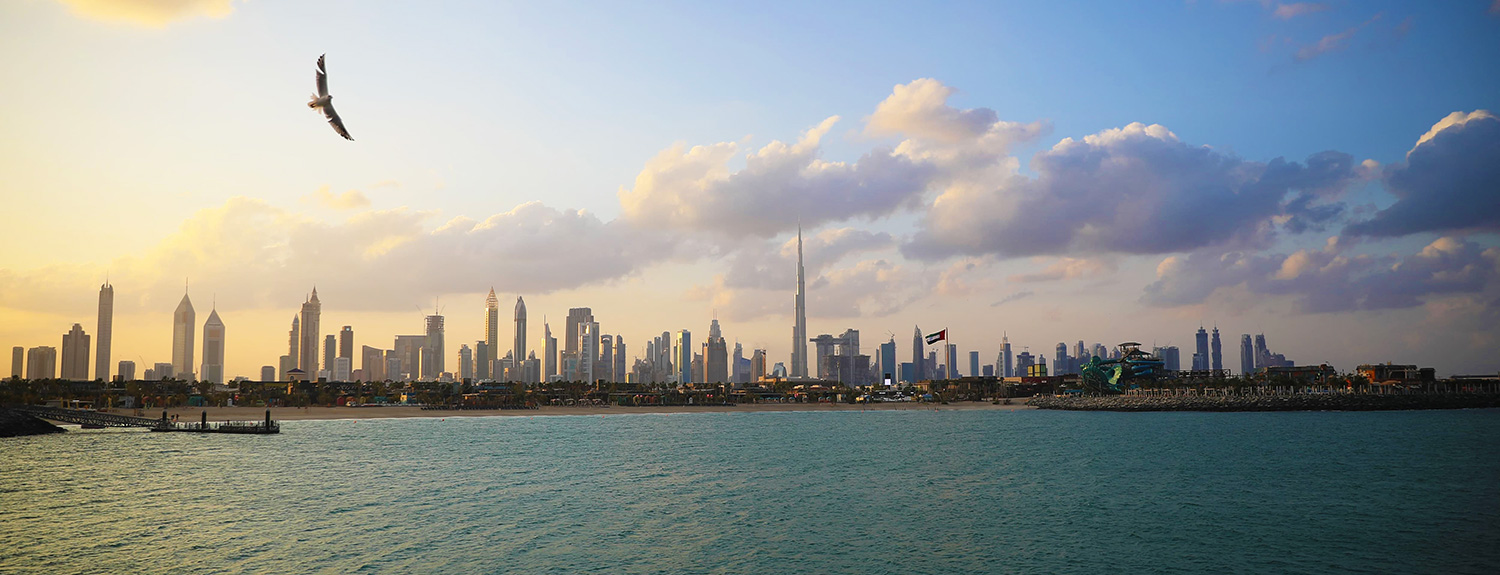
Looking ahead, Dubai continues to innovate and expand. Projects like Dubai Marina, Dubai Harbour, the Museum of the Future, and others promise to redefine urban living and sustainability. With focus on smart technologies and green initiatives, Dubai aims to lead the region in economic diversification and quality of life.
As Dubai prepares for its next chapter, its rich history serves as a foundation of resilience and progress, guided by visionary leadership and the entrepreneurial spirit of its residents.
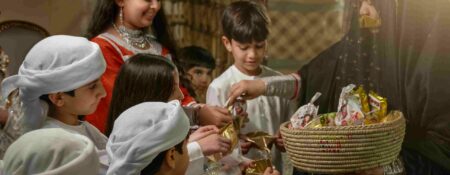
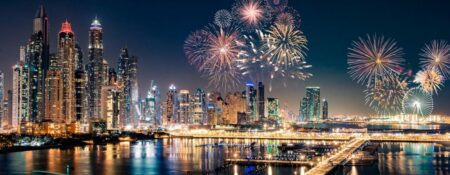

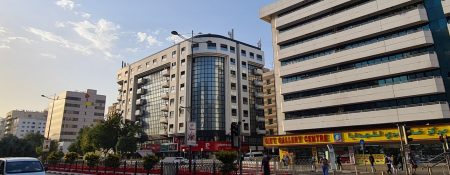
The UAE’s rich history is rooted in trade and tied to Islam. Its unique location between Europe and the Far East became the crucial factor in it's growth into the world's largest trading hubs. Throughout the ages, these lands had attracted merchants from India and China, and were prized by Europeans, in particular the Portuguese, the Dutch and the British.
After the discovery of oil and the formation of the Emirates, the wise rulers began the rapid development of the country's economy, shaping it into what it is today. Though small in size, the UAE quickly became an important player in regional and international affairs.
Although it's growth and development, UAE heritage have not been forgotten - on the contrary, is still well-respected among the nationals. History and culture of local people can be felt in the legendary hospitality of local hotels, architecture of modern skyscrapers and openness and kindness in living among the multinational community.
Here you can read various articles about UAE heritage, history and culture, and better understand, why this country's development became such a success throughout the years.